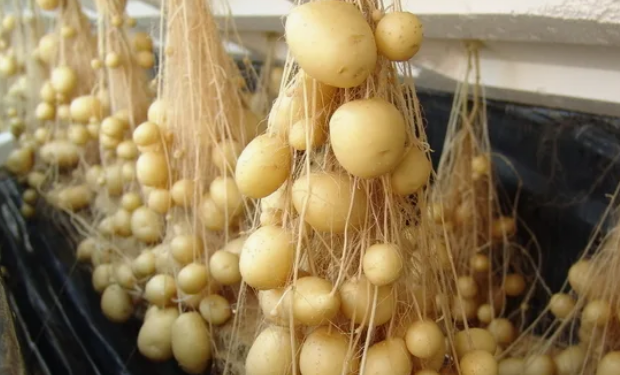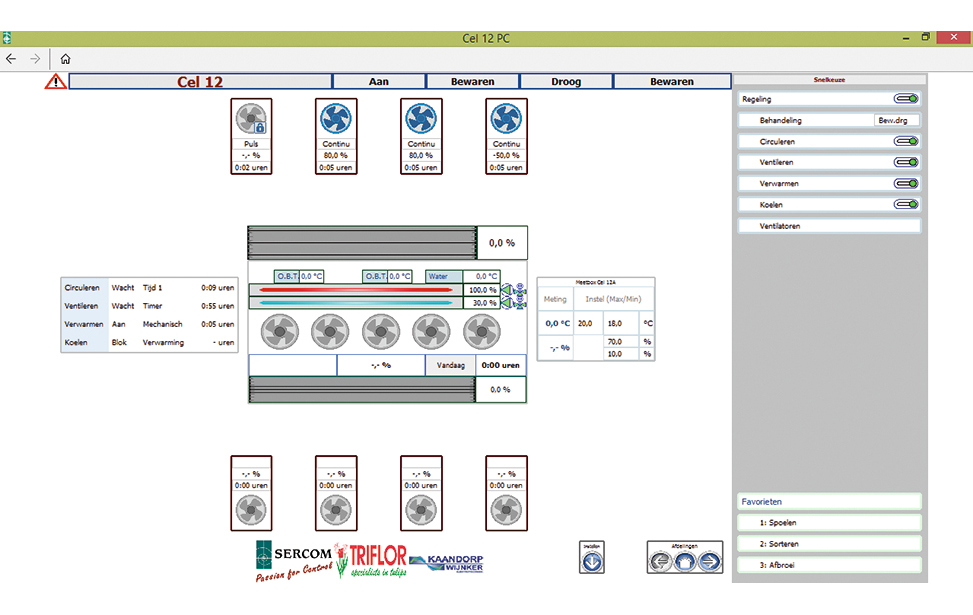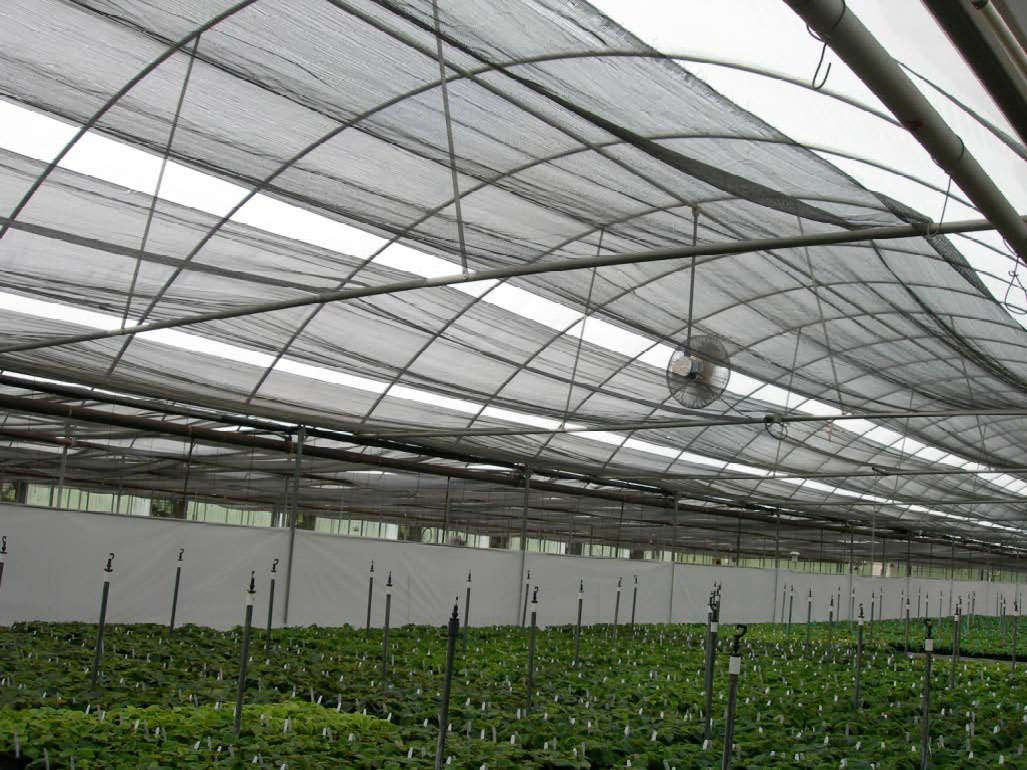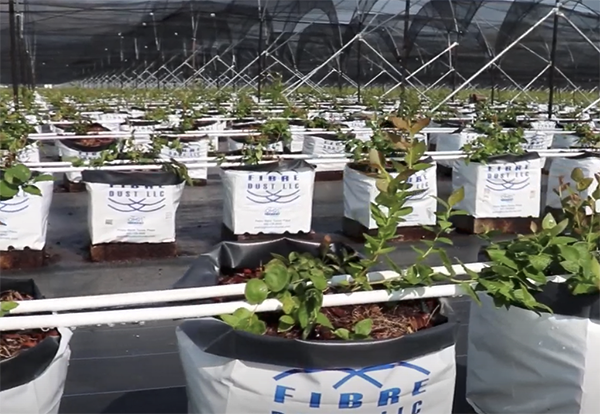Towards the future: cutting-edge greenhouse innovations and sustainable potato growing practices
Potato farming, a cornerstone of global agriculture, is undergoing a significant transformation with the advent of advanced greenhouse technologies and sustainable farming practices. As the industry faces increasing demands for efficiency and sustainability, these innovations offer promising solutions for farmers, agronomists and agricultural engineers.
Advances in greenhouse technology
The latest data highlights several revolutionary advances in greenhouse technology that are revolutionizing potato growing. According to the latest report from the International Greenhouse Vegetable Industry (IGVP), these innovations include advanced climate control systems, automated irrigation and precision farming tools.
1. Advanced climate control systems. Modern greenhouses now have advanced climate control systems that maintain ideal conditions for growing potatoes. These systems automatically regulate temperature, humidity and CO2 levels, creating a stable environment that promotes sustainable growth and reduces disease incidence.
2. Automated watering. Automated irrigation systems, such as drip and subsurface drip irrigation, deliver precise amounts of water directly to plant roots. This method minimizes water loss and ensures constant moisture levels, which are critical for healthy potato growth.
3. Precision farming tools. Integration of precision agriculture tools such as soil moisture sensors, drones and data analytics platforms allows for detailed monitoring and control of crops. These tools help identify nutrient deficiencies, pest problems and other problems at an early stage, allowing farmers to take corrective action in a timely manner.
Sustainable Potato Growing Practices
Sustainability is increasingly becoming a priority in potato farming, with a focus on reducing environmental impact while maintaining high yields. Several sustainable practices are widely used:
1. Crop rotation and diversity. Crop rotation and crop diversification help maintain soil health and prevent the buildup of pests and diseases. These practices are essential for sustainable soil management and long-term agricultural productivity.
2. Organic farming methods. The use of organic fertilizers and natural pest control methods is gaining popularity. Organic farming improves soil health, reduces dependence on chemicals, and meets growing consumer demand for organically produced potatoes.
3. Integrated Pest Management (IPM). IPV strategies include a combination of biological, cultural, physical and chemical methods to control pest populations. By reducing dependence on chemical pesticides, IPM practices help protect beneficial organisms and minimize environmental pollution.
Expert opinions and industry trends
Experts in the field emphasize the importance of integrating these technologies and practices to achieve sustainable and profitable potato farming. Dr Sarah Johnson, Lead Agronomist, states: “The integration of advanced greenhouse systems and sustainable farming practices is critical to the future of potato farming. These innovations not only increase yields, but also ensure environmental sustainability.”
The integration of advanced greenhouse technologies and sustainable farming practices is set to revolutionize potato growing. These advances offer significant benefits in terms of productivity, efficiency and environmental protection. As the agricultural industry continues to evolve, implementing these innovations will be essential to meeting global potato demand while conserving natural resources.










